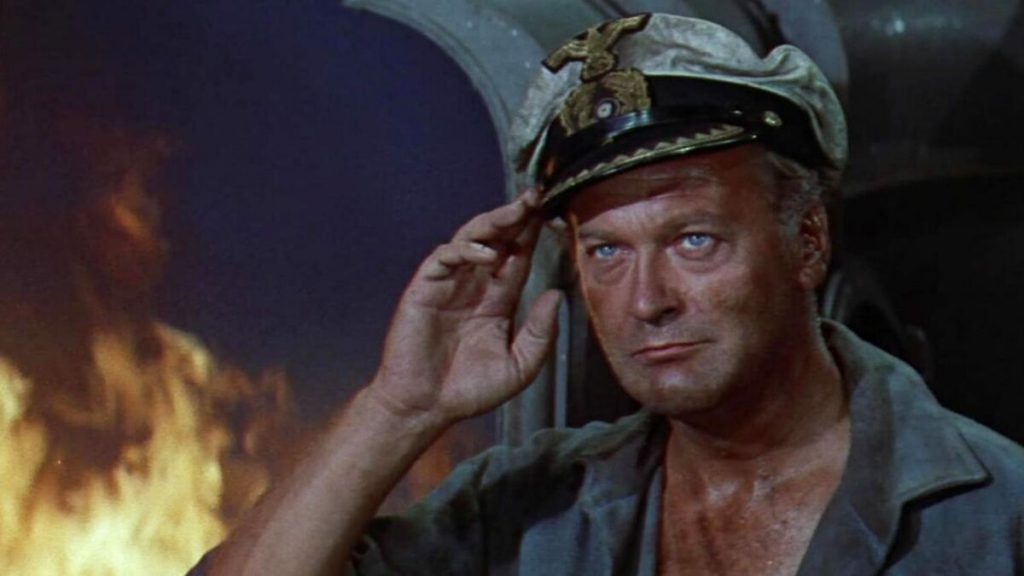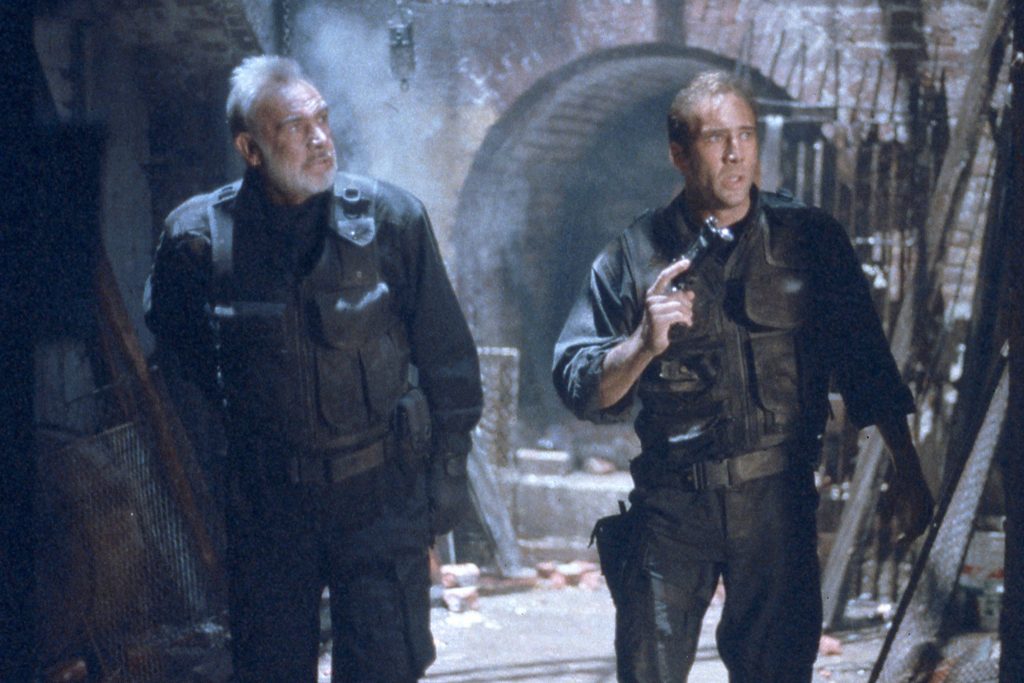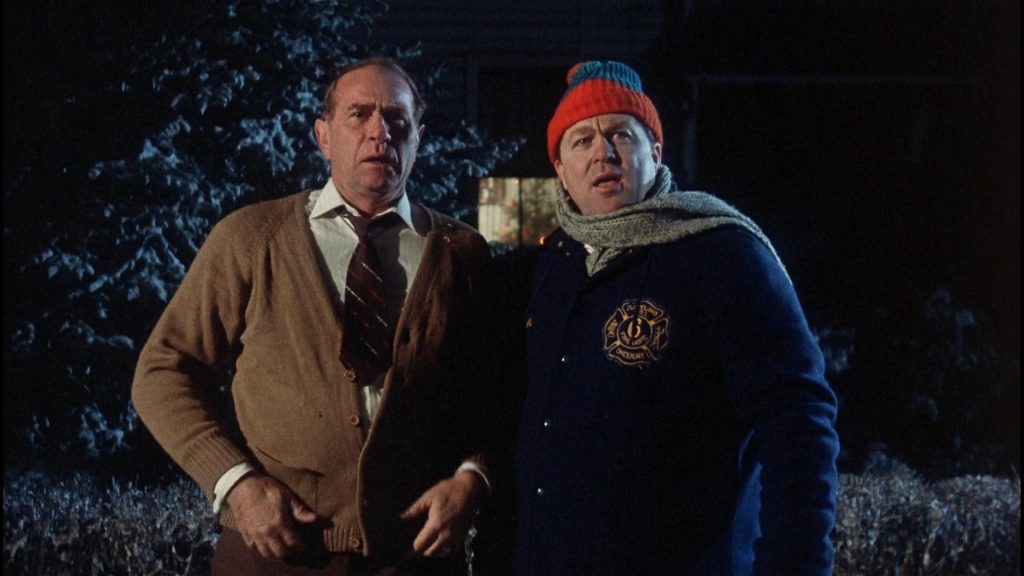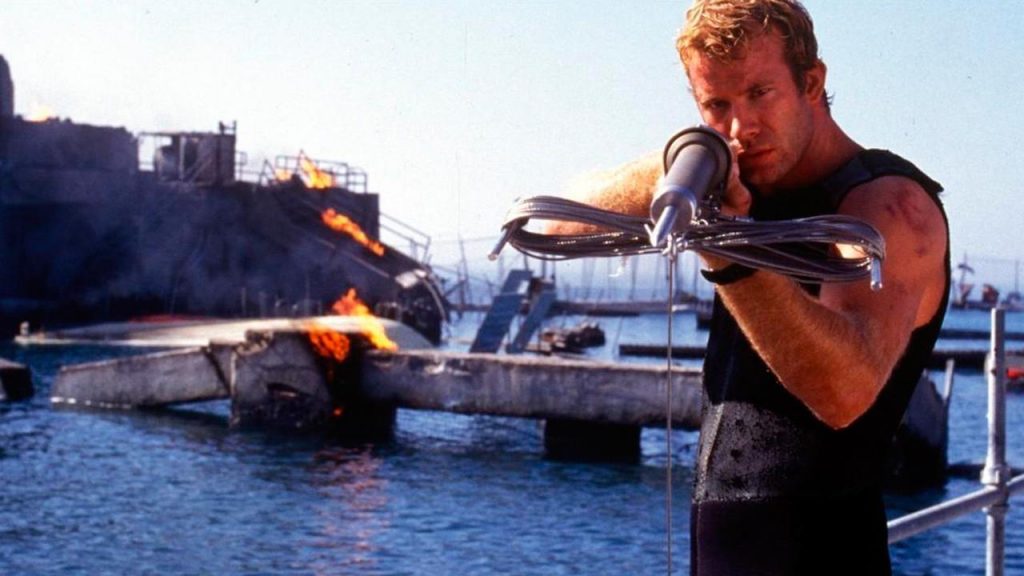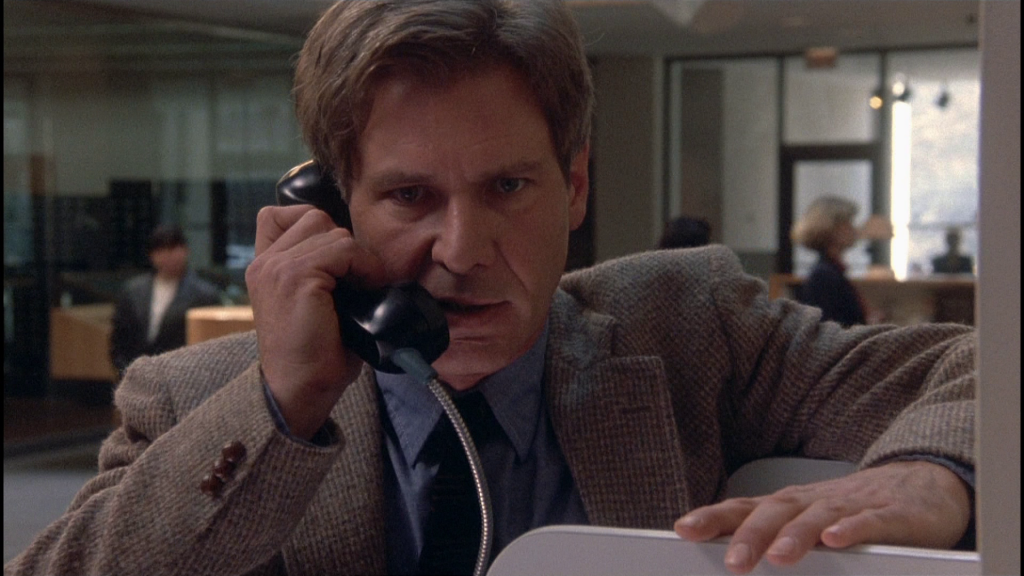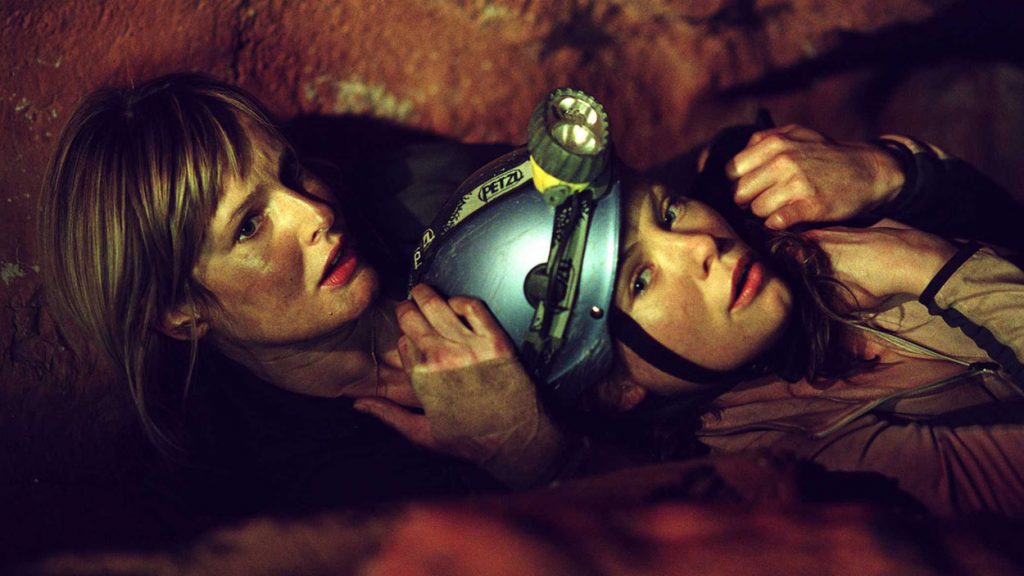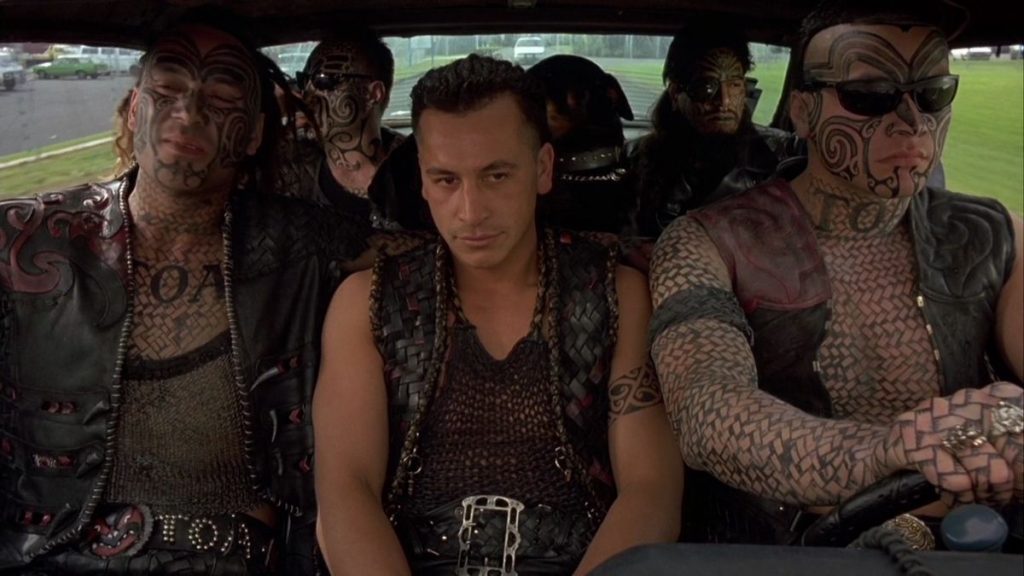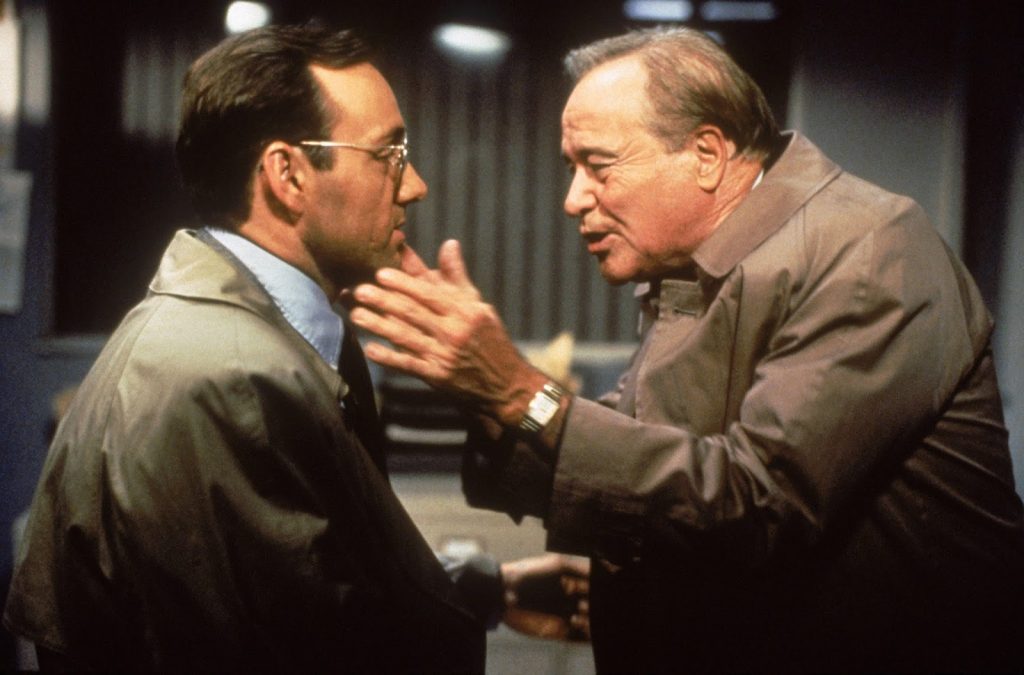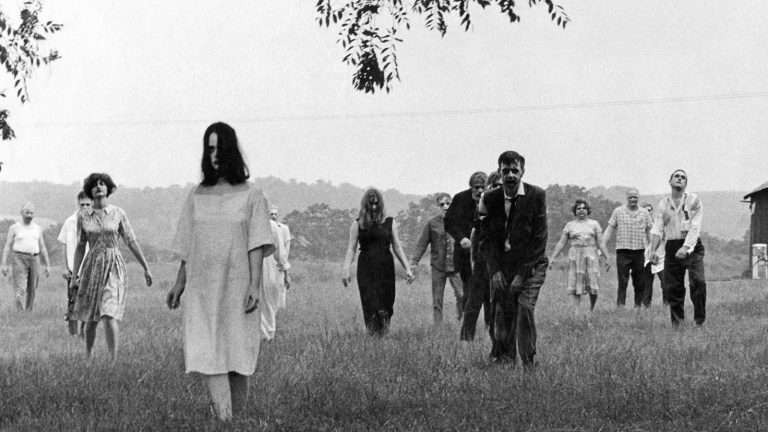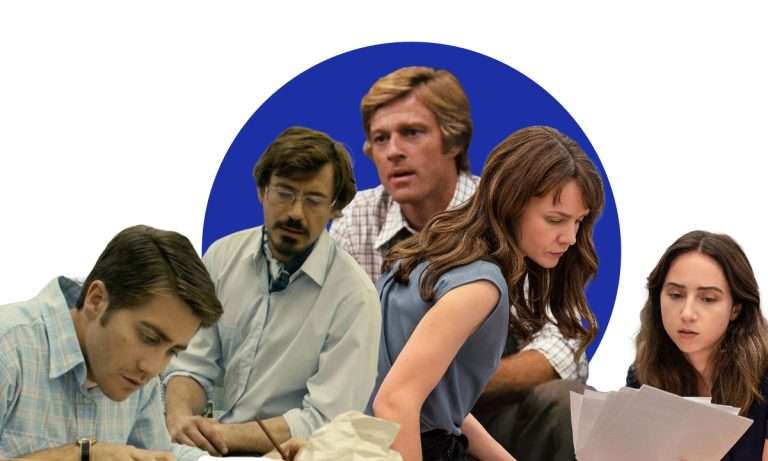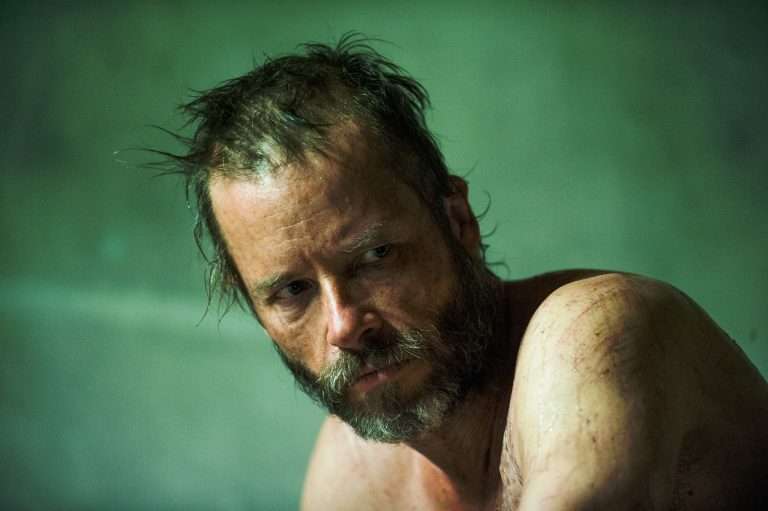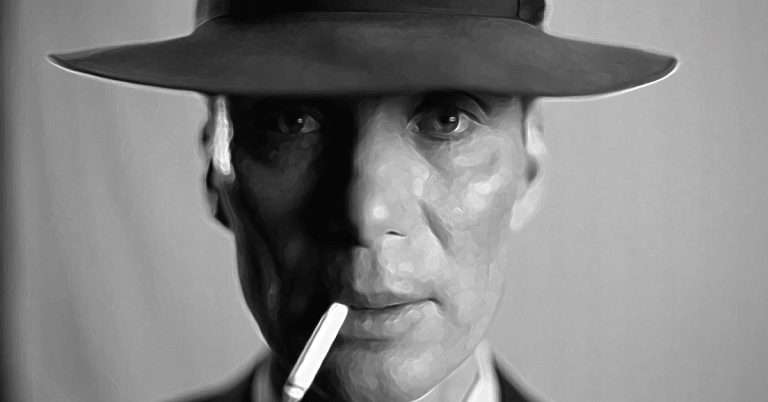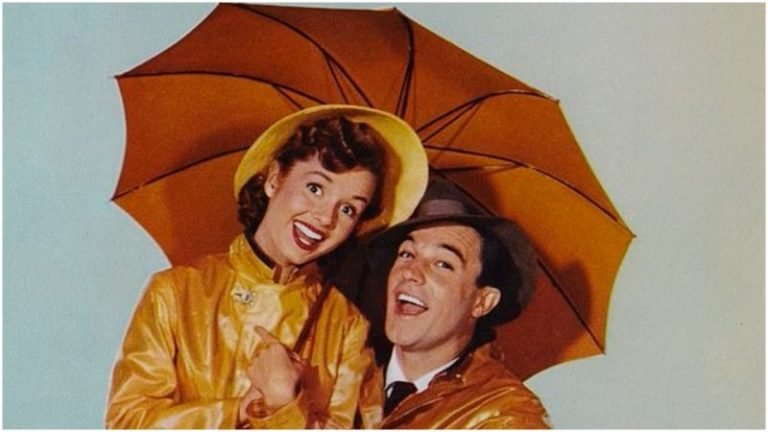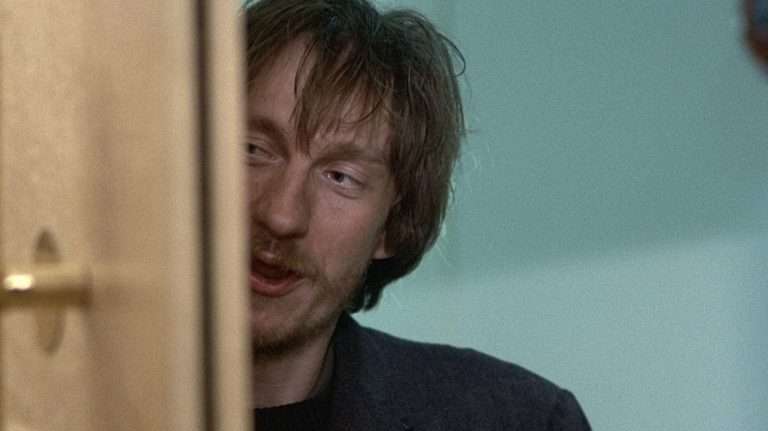10 Great Movies from Bad Directors: Good filmmaking is not a skill everyone can master. It takes heart, soul, and a vision, foremostly, to lengthen one’s journey toward making a watchable film. As hard as it is to do so, that is just one part of the process. There are several other technical requirements and soft skills such as man management that come into play. It is not an easy job at all. The men and women behind the wheel, though, ultimately make the final calls. A film’s fortunes at the box office and in the arena of critics decide its fate. A movie is often directly dependent upon how well the person turning the wheel can execute it.
So, once they do make a film that doesn’t do well, the pressure on that director only increases. A bunch of flops and these filmmakers are out of work and producers won’t touch them. But just one good effort can change it all. We all love a positive surprise. Seeing the names of the people who made these following films might have deterred us from pressing the play button, as their reputation precedes them, but as it turns out, they spring a delightful surprise. With that in mind, then, here are ten more great films from (generally) bad directors.
10. The Enemy Below (1957), Director: Dick Powell
The Enemy Below is a great war movie that imagines a historic episode from World War II. Although not strictly non-fictional, it derives its garish real-life elements from Denys Rayner’s exquisite literary work – though the adaptation is drastically different than the book. This 1957 picture provides first-rate entertainment, making distinctive use of the newly discovered (erstwhile) CinemaScope and the world of colors. It chastises Western hypocrisy over the war and beautifully brings out a strange duality in the camp’s stance, hitherto absent in mainstream films. All this came under the able direction of Dick Powell, an actor who worked on hits like Footloose Parade and 42nd Street. Powell had a fine career in front of the camera, and he firmly established himself as a reliable leading man who headlined a number of significant dramatically-inclined projects as well. But his career as a director does not have the same charm.
Apart from this war effort, Powell doesn’t have many strong credits on his directorial CV. His 1956 You Can’t Run Away From It paled in comparison to the original – It Happened One Night, which won five Academy Awards – was poorly received and didn’t post acceptable numbers. Then, 1958’s The Hunters was stylized as a widescreen epic but failed to impress after the initial promise, and this makes him a prime candidate for the list.
9. The Rock (1996), Director: Michael Bay
Michael Bay and his drone shots. They’re back in the conversation after Netflix’s latest The Gray Man was released recently. Even though Bay didn’t direct this film, netizens were quick to jump on the bandwagon and reminisce about the good old days.
Bay’s lack of critical appreciation is no match for his great commercial success with franchises like Transformers. The filmmaker has a tendency to follow his formulaic approach to handling star casts and big budgets, whose hallmarks include frequent use of explosions and marking his worlds in binary black and white. The Transformers franchise has provided many opportunities to netizens to point this phenomenon out.
Bay’s color, though, came out differently in his earlier works. He followed his successful debut in Bad Boys with The Rock, one of his strongest works till date. The political thriller stars Sean Connery, Nicolas Cage, and Ed Harris, who are plotted in a story about a special team breaking into (ironically) Alcatraz to save tourists. It is a slam-bang action piece with irresistible panache and style, and it’s very little of Bay’s characteristic story elements that help keep the focus on its strongest selling point. To give you a sense of how well this film was received, there were calls made that it was a “better version” of the first Mission: Impossible film. We will never really know: what went wrong, Michael Bay?
8. Dark City (1998), Director: Alex Proyas
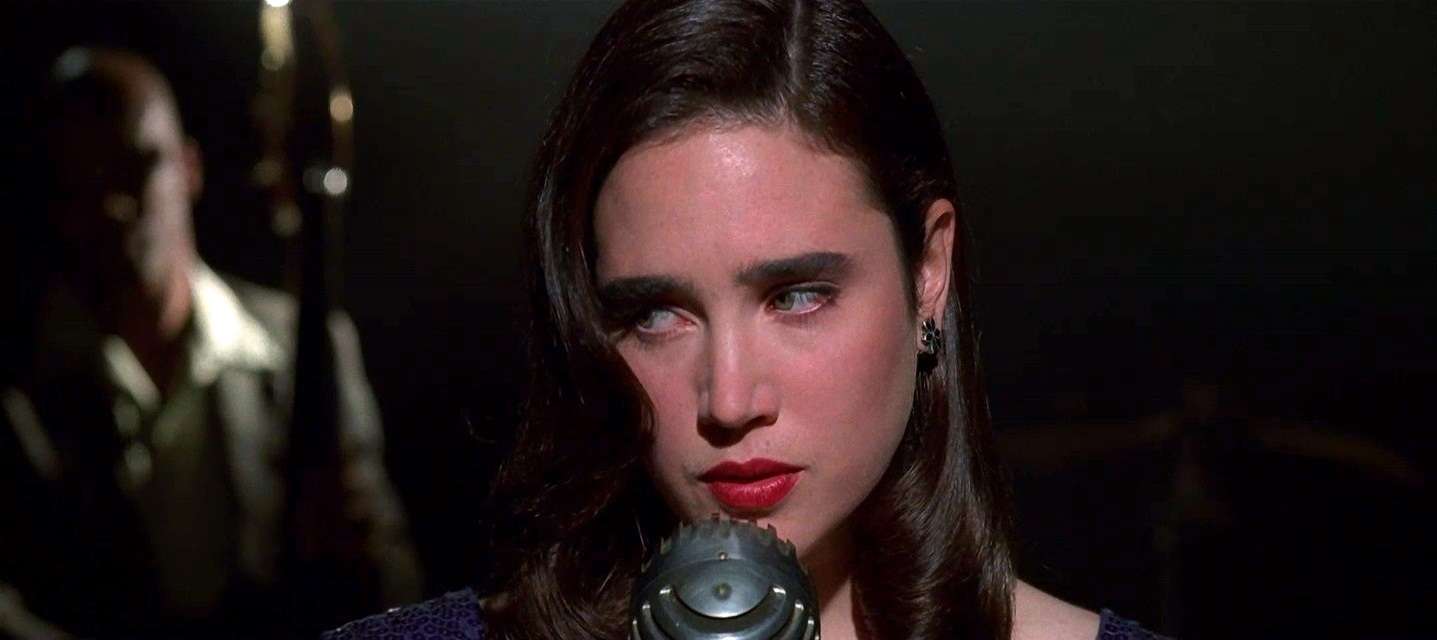
Dark City is one of the most genuinely terrifying, unmissable films from the 1990s. For a decade that brought forth such awe-inspiring cinema, this Alex Proyas effort went under the radar. The movie became a template for the sci-fi genre we love today, as its high concept plot and beautifully weighted direction brought forth a compelling story and relatable characters, caught in the dark winds of an imminent alien invasion.
The foreign factor really comes out of nowhere when we first see John Murdoch’s amnesiac struggles. He already has men behind him, unsuspectingly getting involved in the cat and mouse game, and Murdoch must find out his own identity and make sense of his altered reality where he suffers a tragic fate. Losing one’s bearings is a phrase often used to denote a person snapping into a daydream, and Proyas uses this reverie as a metaphor for the journey to self-discovery and probing Murdoch to find out what really makes him, him.
It is a beautiful thesis explored in a surreal storytelling effort. Proyas caught everyone napping with this film, following The Crow, which had a similar populist sentiment behind it, with another destined hit. The Aussie filmmaker has other sci-fi and period dramas to his credits but they’re mostly campy and dated stories with not much to offer. Gods of Egypt is a great example of what lazy filmmaking with little or no innovation looks like. He relied on genre conventions to make it more convenient for himself. Knowing was another film that couldn’t really capture the magic of his headline films and suffered from the same problems.
7. A Christmas Story (1983), Director: Bob Clark
If you are looking for a holiday-themed picture this season, look no further than Bob Clark’s ingenious masterpiece. A Christmas Story has all the makings of a perfect family film – warmth, light-hearted, and the power to bring everyone together. The iconic characters create a charm that casts a spell on you. Its timeless comic flair and drama flavor are the key highlights that one must enjoy while watching it. Director Bob Clark truly reigns in a majestic time that makes the holiday seasons such special occasions. The film became a landmark hit, grossing more than twenty times its production budget at the box office. The film’s popularity grew so much that it was soon released on television as well to reach a broader audience.
Bob Clark’s Black Christmas has gradually become the poster boy for the renaissance of the slasher genre. All credit to him for that effort. Along with A Christmas Story, it puts up a feeble attempt against the rest of his horrendous oeuvre. Rhinestone, My Summer Story (the unbearable narration), and She-Man are a few picks from it. His overbearing B-movie tones became dated as they were released during periods of big changes in movie-making traditions. Clark’s tendency to use narrations and wash his narratives with goody-tones also didn’t help with giving his works the desired variety.
6. Deep Blue Sea (1999), Director: Renny Harlin
Deep Blue Sea does not get enough credit for reinvigorating the “shark” genre. After Jaws, there were numerous failed attempts at bringing the marvelous sea creature into a compelling narrative. That was until this Renny Harlin-directed feature was released. For better or worse, it has blossomed into a full-blown film franchise. In an underground facility, things go haywire when Mako sharks with enlarged brains start to outsmart the experimenting humans and take control of their fates. Dr. Susan McCallister and Jim Whitlock’s curiosity to test the protein from the shark’s brain to treat chronic diseases like Alzheimer’s proves fatal for the crew and everyone on board. In the sharks’ natural habitat, humans struggle to fight back, making this survivor thriller a roller coaster ride till the end.
There was a lot riding on Harlin given the $80 million budget for the film. His lack of commercial success for almost a decade since Die Hard 2 (1990) and Cliffhanger (1993) put a lot of pressure on the Finnish director. But his inventive use of the special effects to create the sharks and use the creatures in carving quick, suspenseful action sequences keeps you on the hook. He almost uses the death scenes and those where the sharks lose the game as jump scares.
Harlin’s career did not have much success after that, only seeing worsening directorial efforts with no real substance. The Legend of Hercules, The Misfits, and Driven, all lack his feisty originality and zany punch that made some of his works special.
5. The Fugitive (1993), Director: Andrew Davis
The Fugitive is one of the most ubiquitous films being telecasted on networks. Even if you aren’t too enthusiastic about watching films, you’d know about this one. It stars Harrison Ford as a doctor-turned-fugitive on the run to prove his innocence in his wife’s brutal murder. Tommy Lee Jones fills in as the solemn, battered cop, making it an enticing game of wits and thrills. We already had a television series based on the same story, and that probably brought a wider viewership to the film adaptation. The dramatic adaptation is clean, solid, and intelligent filmmaking. In hindsight, it seems like an easier job. But at the time, managing the plot’s moving parts in that structure wasn’t as fluid. Andrew Davis got the reputation of an “action director” early in his career. His hardcore genre work initially tasted success. But as more and more inventions, even in action films, came from the newer generation, Davis fell behind.
Collateral Damage is one such project that fell into the genre trap and embraced cliches. The Final Terror’s slasher elements couldn’t rouse the experience of watching the same old story again. He has failed to really reproduce the magic in his later works. The Fugitive remains his best film to date without a doubt.
4. Boyz N The Hood (1991), Director: John Singleton
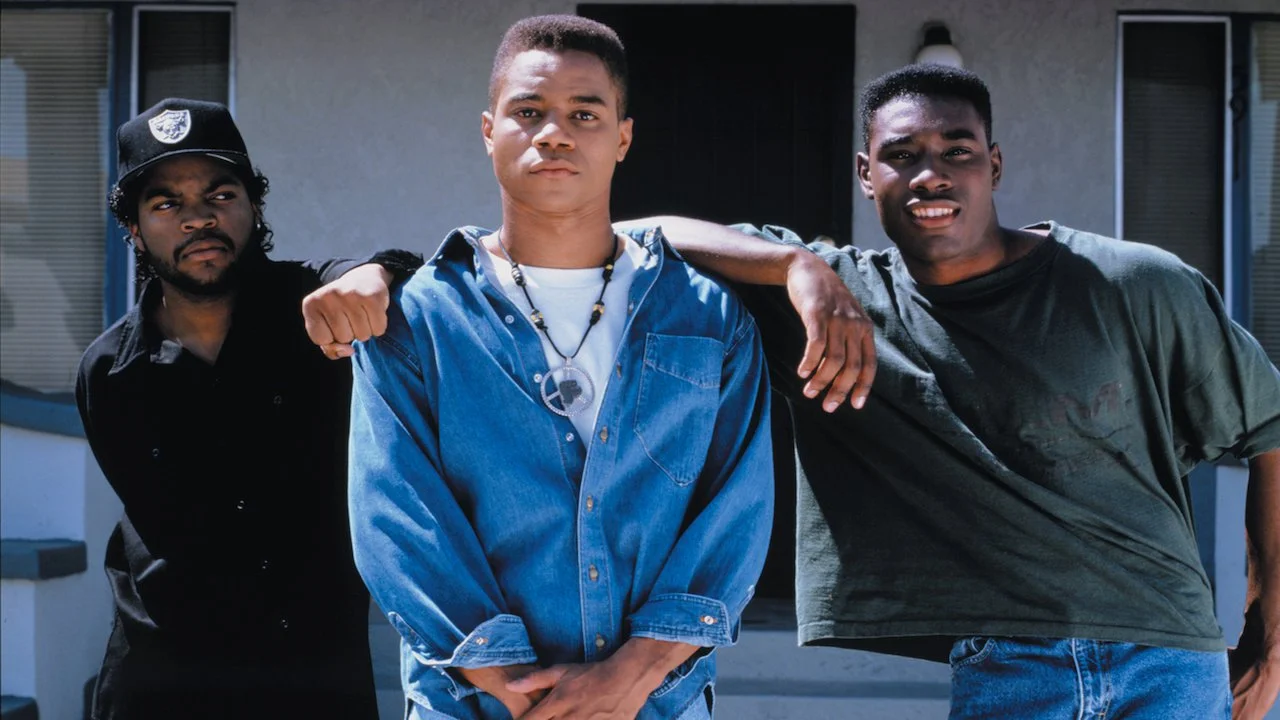
Imagine getting nominated for an Academy Award for your very first film and then disappearing. With the world at his feet, John Singleton had it all. He became the youngest person and the first African American director to have the honor of getting an Academy nomination. Hopes were high for Singleton. But for some reason, he never realized his full potential. Boys n the Hood became a people’s favorite for its realistic portrayal of life in a ghetto. Singleton relied on his own experiences to create an appealing ethos in his story. It resonated with people because it told the truth about how the community, already on the fringes of marginalization, lived in abject poverty and the growing trend of young ones falling into crime. It gave a break to several posterity stars, such as Ice Cube and Cuba Gooding Jr, who formed the core of the formidable cast. Singleton’s works after his maiden film – not a big number – lacked the gritty, well-versed reality of Boyz n the Hood.
They failed to conjure the same magic in storytelling. Higher Learning showed the difference in execution he pulled through in Boys n the Hood. It came across as if he was trying too hard to recreate his debut. For some reason, the strong start cast a shadow on his following works. Four Brothers suffered from similar issues, failing to perform well at the box office.
3. The Descent (2005), Director: Neil Marshall
Isn’t it a warm feeling to see a small film do wonders at the box office? Such films are easily called sleeper hits because no one expects them to compete with the big guys. Other times, the expectations are dialed down due to the personnel involved. For The Descent, Neil Marshall’s involvement furthered that assumption. Made on a shoestring budget, this horror film has a royal visual look and a taut storyline that keeps you guessing until the very end. The Descent also evokes emotions of confusion, paranoia, and terror with its raw style. At its core, it tells a human story about a woman, Sarah, who lost her family in a car accident. Survivor’s guilt weighs heavily on her, as she reunites for a “caving” adventure with her friends at an isolated cabin.
The dangerous experience proves further troublesome as mysterious creatures hunt them down. Marshall truly imbibed the spirit of great camp-survivor filmmakers before him to give us a memorable cult classic. He has since failed to discover his lost inspiration, only turning in mediocre, run-of-the-mill films. Hellboy (2019) was so poorly made and bereft of ideas, it ended the franchise. Despite being cast midway to take the reigns, more was expected from Marshall. The director couldn’t muster up better films after this effort, putting him on the list.
2. Once Were Warriors (1994), Director: Lee Tamahori
Kiwi filmmaker Lee Tamahori is one of the tiny island’s most successful directors. He has helmed some big-budget projects, including a Bond movie (Die Another Day) but none of which have been accretive watching experiences. Mullholland Falls is another widescreen epic that bombed badly at the box office. And who can forget XXX: State of Union? It is arguably one of the most illogical, unnecessary films without any structure to plot or storytelling. His over-the-top approach only superficially engages the senses, seldom daring to dig deep. Several of his films belong to a single genre and you know how easy and convenient it is for filmmakers to give a certain “kind of look” to them.
However, he turned the tables with Once Were Warriors, a poignant drama that vilifies the institutions of violence and abuse. He extracts generational performances from Rena Owen and Temuera Morrison, who bring their characters to life with passion and veracity. Under Tamahori, they make for an amazing pair on screen, matching the other’s dramatic splendor toe to toe. Only if Tamahari could have shown such seriousness, virility, and maturity as in this movie, he could have had a career worth remembering.
1. Glengarry Glen Ross (1992), Director: James Foley
David Mamet is one of the finest playwrights in America. His observant writing and commentary about America’s social and political ethos capture the imagination. The dialogues written by him are characterized by a gauche-sounding, unpretty edge that gives them a realistic look. Glengarry Glen Ross shines due to his remarkable penmanship and an earnest directorial effort by James Foley. Al Pacino, Jack Lemmon, Alan Arkin, and Ed Harris star as four real estate salespeople, who get an ultimatum from corporate to outsell each other in order to survive. The entire film takes place over a single, tension-filled night – mostly in a single location – where conspiracies, lies, and deception takes over those men. With limited production advantages and avenues, Foley is left to rely mostly on the script and the actors. His blocking style is carefully adjusted to bring out the best of them.
And the final result shows them in aplomb. But, there were doubts initially if Foley, who had tasted mild success before that with At Close Range, could do the job. For posterity, the decision to watch the film was harder given how little Foley has surprised after Glengarry’s success. The director has hardly any other watchable credits to his name. The Fifty Shades trilogy, irrespective of the purpose it is made for, shows how skin and sex are used in the vilest form to sell content. It is as far from art as a film can possibly go. Glengarry Glen Ross, though, is a mantlepiece for aspiring filmmakers as a searing composite of drama and ethics.

